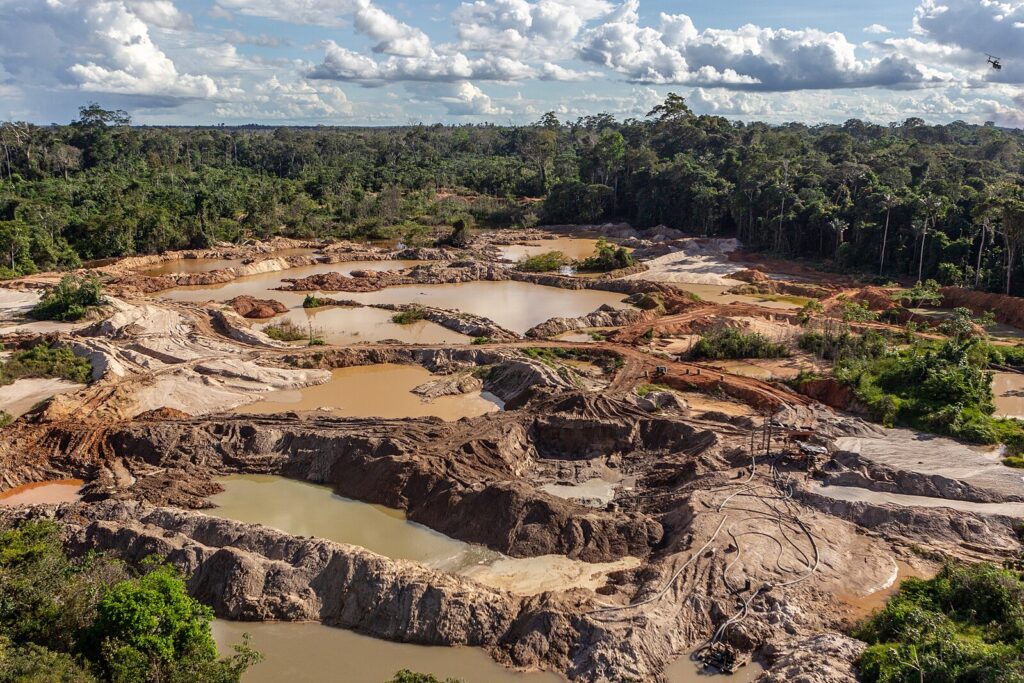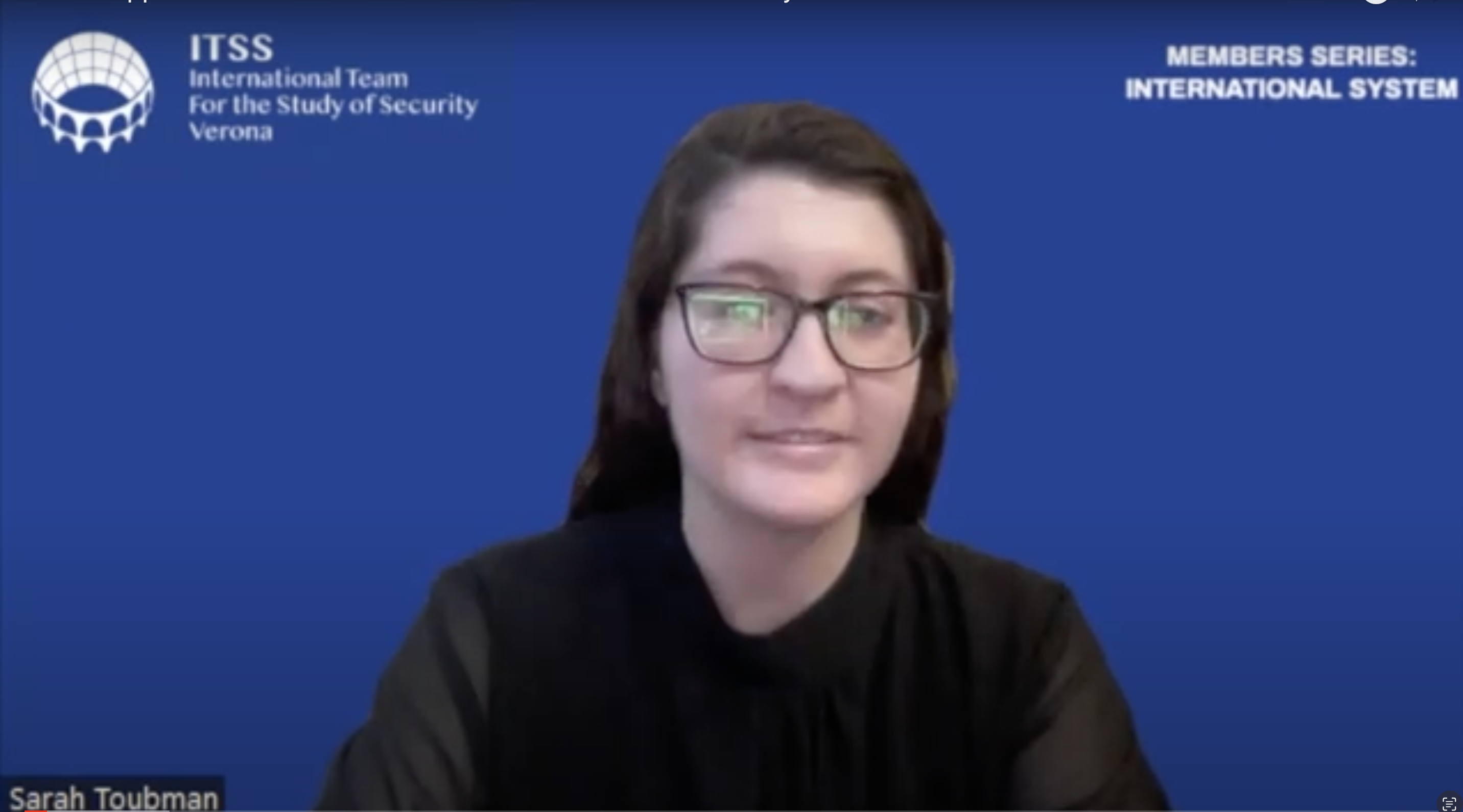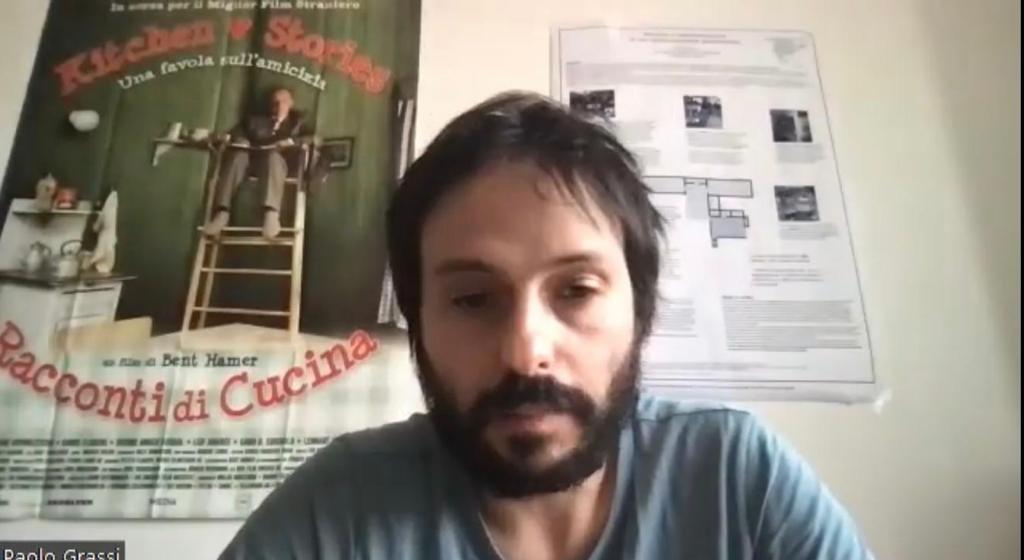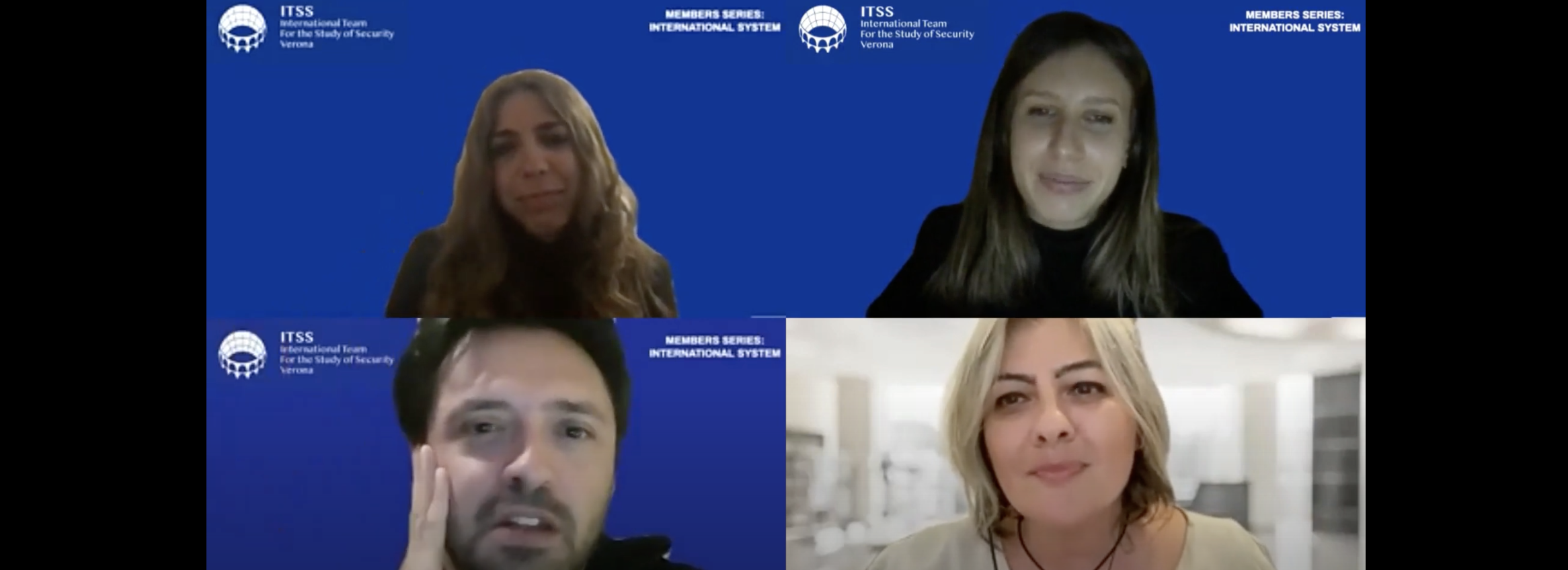By Sarah Toubman - Central & South America Team
On the 15th of November 2024, Colombian officials announced the capture of Jeison Alexander Lorca Salazar, the second-in-command of the Venezuelan criminal organisation Tren de Aragua.
Long considered the most pre-eminent and prolific Venezuelan criminal enterprise, Lorca Salazar’s arrest is representative of the increasing transnationalisation of Tren de Aragua, and crime in Latin America more broadly.
Originally founded in Venezuelan prison Tocorón in approximately 2012, the organisation has since spread across North and South America, establishing a presence in Colombia, Chile, Mexico, and the United States, among other countries.
Although the organisation began to grow its cross-border network in 2018, it has been internationalising at an increasingly rapid pace in recent years.
In October 2023, early reports from the Cook County Sheriff's Office indicated members of Tren de Aragua were present in Chicago, Illinois. Further activity from the organisation in the US in the following months prompted the US Department of the Treasury to designate Tren de Aragua a “Significant Transnational Criminal Organization,” and the US Department of State to officially call for members’ arrests.
Rise of Tren de Aragua in Chile
This year, reports of the group’s presence in Chile have been growing in particular, with Venezuela’s political and economic turmoil pinpointed as a driver of this trend. Instability in Venezuela has not only created a humanitarian crisis but also created an opening for organisations like Tren de Aragua to engage in human trafficking in and around Chile.
The kidnap and murder of Venezuelan political dissident Ronald Ojeda in Santiago by Tren de Aragua in February 2024 was one of the most prominent incidents over the course of the past year, and a clear signifier of the organisation’s increased criminal activities in the country.
In a May 2024 BBC article, Venezuelan investigative journalist Ronna Rísquez named the rise of Tren de Aragua in Chile as the first instance of a transnational organised crime group operating in the country.
Speaking to Rísquez, Mauro Mercado Andaur, National Head of Organised Crime at Chile’s Investigative Police, explained how in addition to the group’s transnational character, Tren de Aragua’s activities differ from previous organised crime in Chile due to their level of control and violence.
“It was easy for them to take over territories. They took over nearly unpopulated areas to establish their dealings, [and] began to offer services, such as getting migrants across one border to another, providing security to businesses or falsifying identity documents,” he said.
One such example of Tren de Aragua exploiting a less populated region of Chile includes the installation of Los Gallegos—a local Tren de Aragua cell—in Arica, a coastal region in the north of the country bordering Peru.
Combating another such local cell, Chilean authorities conducted a raid on 69 properties in Viña del Mar on the 29th of August, 2024, and arrested 34 individuals suspected of working with the criminal organisation.
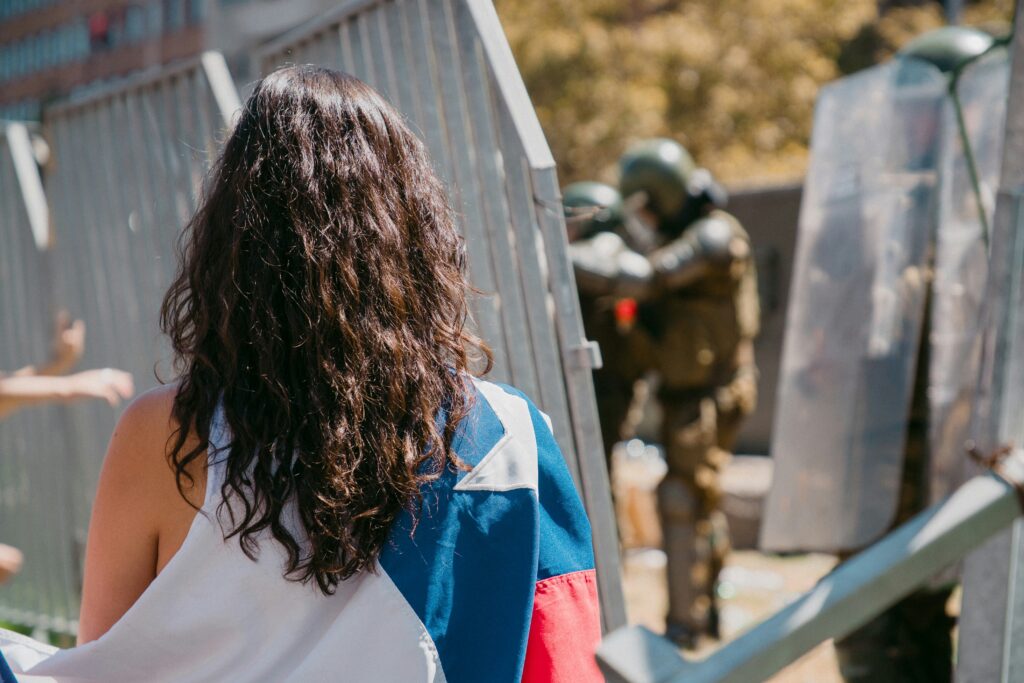
Growing concerns for Chile and Latin America
Rising crime, and particularly transnational crime, is clearly a growing concern for Chileans. At a June 2024 State of the Union address, President Gabriel Boric stated that “crime and organised crime are the greatest threats we face today.”
Some experts see the increasing internationalisation of organised crime across Latin America as a paradigm shift in the field, with Will Freeman, a fellow for Latin American studies at the Council on Foreign, dubbing the change the rise of “reorganised crime.”
While the exportation of Tren de Aragua abroad is only one of several significant security ramifications of Venezuelan political instability, increasing levels of transnational crime in Latin America will be crucial to monitor moving forward. With the shape of organised crime in Latin America changing more and more by the day, it is yet to be seen whether authorities can tackle the growing challenges of “reorganised crime,” or whether it will be here to stay.


